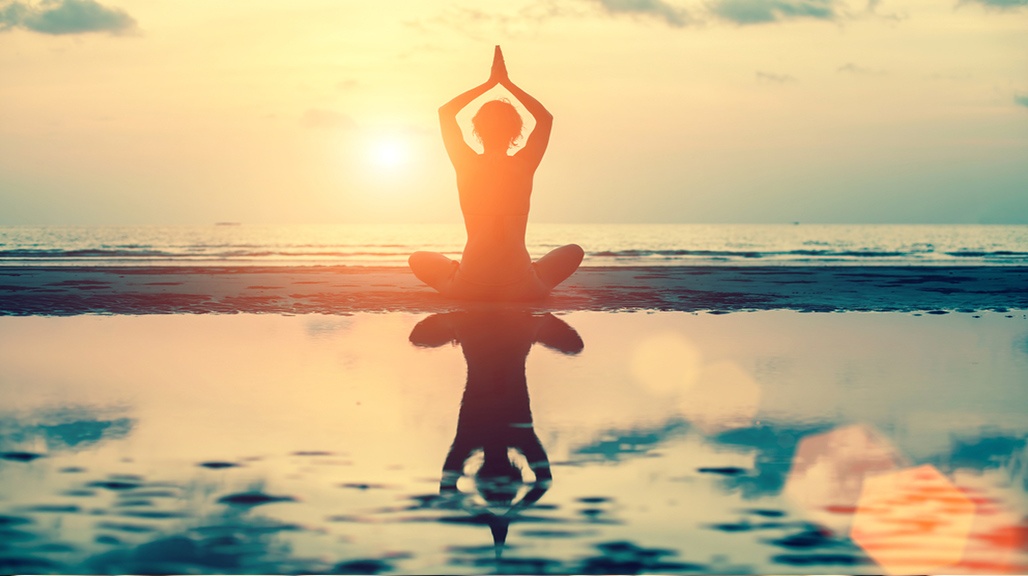Intent Is Important: The Law Of Karma
 Contributed by
Pamposh Dhar*
January 31, 2017
Contributed by
Pamposh Dhar*
January 31, 2017

To walk the path of Karma yoga, you need to be free of attachment to your own selfish desires – and learn to act in the highest interests of all.
Lately, I hear many people talking about “karma,” often quite flippantly. I have to wonder, however, how much understanding there is behind the talk. In the hope of bringing some clarity about this law of life, I would like to share some of my own thoughts on it.
The law of karma is a law of action and consequence, of cause and effect. It applies to all of us, regardless of whether or not we believe in it. If we understand this law, we can live with awareness, choosing a path in our own highest interest.
As human beings, we are compelled by our very nature to act – even to stay alive, we need to breathe, eat and drink, not to mention find food and water. And every action – and indeed every thought and every word we utter – has consequences, for ourselves as well as for others.
So the question is not whether to act or not, but rather how to act for the best. An oft-quoted verse from the Bhagavad Gita provides an infallible guide, especially when understood in the context of the overall teachings of the Gita: “To action alone hast thou a right and never at all to its fruits; let not the fruits of action be thy motive; neither let there be in thee any attachment to inaction.” (Chapter 2, Verse 47)
This verse touches on two very important concepts: Intention (the motive for action) and non-attachment. To understand this verse, one needs to also understand the concept of detachment, central to the Gita’s teachings. This is not to be understood as a call for inaction, but rather as a lack of attachment to the desired or expected results of an action. Do what is right, for the right reason, rather than doing that which will bring you what you want.
Let us take a simple example to understand this. If we give to the poor, that is a good action in itself. But if we do it because we want to show others how generous we are, that is doing the right thing for the wrong reason. Although the action is good, the motivation is selfish. It arises from an attachment to our desire to have a positive image in the community. It is important to understand that action and intention together determine consequences.
There is no judge deciding whether we are doing good or bad deeds, for good or bad reasons. But just as the seed of a cabbage will not grow a potato, so an act of self-aggrandizement will not bring peace and joy into our lives.
Spiritual master Sadguru has given a wonderful example of how intention affects the law of karma. He cites the example of two men, each wielding a knife upon another person. In both cases, the other person dies. Do these similar actions bring similar consequences? Not necessarily.
The first man is a surgeon using the knife to try and save his patient’s life. Sadly, he loses his patient on the operating table. The doctor’s intention and effort were to help a fellow human being. The second man is a murderer who decides to do away with a life over a dispute of some kind. How different is the intention of the two men wielding knives! The consequences, too, will be very different. We must remember, though, that as human beings we have only a limited view of life, so we may or may not be able to see these consequences.
All we can really do is to continue to take what we know to be the right action in every circumstance. To walk the path of karma yoga you need to be free of attachment to your own selfish desires and learn to act in the highest interests of all. This becomes easy when you understand the underlying unity of life, when you see through the illusion of separate existence and see that you are part of a composite whole.










Sorry, the comment form is closed at this time.